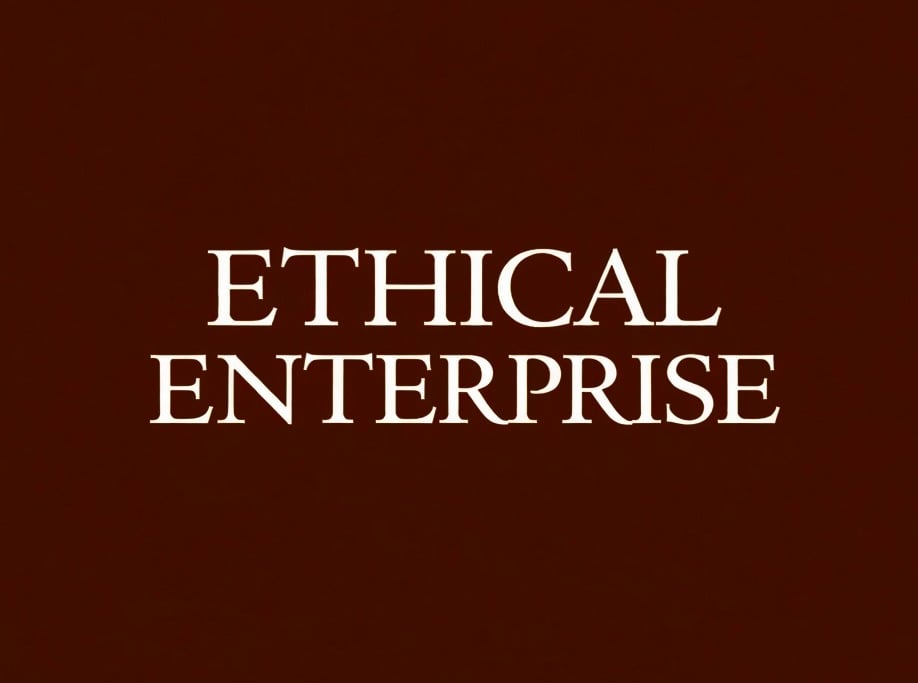The Ethical Enterprise
At the point where business, law, and ethics converge: The Ethical Enterprise's first record
ABOUT
Tei Lee
1/6/20262 min read
I agonized for a long time over how much of this to share publicly, how often to write, and what tone to strike. But in the end, the conclusion was simple.
As I kept reading corporate news, poring over court rulings, comparing disclosures with press releases, I silently repeated the question “Why?” to myself. Those questions piled up until, at some point, it felt like they would scatter if I didn't record them somewhere.
So I created The Ethical Enterprise.
A public notebook for corporate law, governance, and business ethics, written in a way I hope helps fellow students around the world connect the dots between what companies say, what they do, and what the law allows.
This is not a grand news journal like the New York Times, Wall Street Journal, or Washington Post, but more of an observational notebook I want to keep steadily.
When discussing corporate matters, people often dismiss things with statements like, "That's legal" or "That's unethical." But I've always been curious about the space in between. There's a vast gray area between legality and ethics, and many decisions are made within that gray zone. Over time, the small choices made there become lawsuits, regulations, and events that shatter an organization's trust.
I often recall those moments “before the incident.” Before the problem erupted, someone must have already felt uneasy. But perhaps the goal was more urgent, or the practice was too entrenched, or responsibility was unclear, or someone's voice carried too much weight. Thus, ethics remain mere values on paper, systems quietly develop cracks, and ultimately, the costs come back to haunt us.
This journal began to ensure we don't miss those moments.
Rather than merely conveying information, it aims to document “the structures that made such events possible.” Before determining who is right or wrong, it seeks to objectively and calmly examine why such judgments emerged, the incentives within the company, the form of governance, the gaps in risk management, and the language of the organizational culture.
I am neither an MBA graduate nor a lawyer.
I have no desire to lecture others with my non-expert knowledge.
Instead, I want to read accurately, even if it takes a little longer. By separating facts from interpretations, acknowledging what I don't know, and asking, “What does this tell us?”
I hesitate to speak of influence. But the change I hope for is not grand. I hope that someone reading this will gain a clearer standard for judging corporate behavior. I hope they won't dismiss it with “That could happen,” but instead think once more, “Why did that happen?” And someday, I hope more organizations will see ethics not merely as a promotional slogan, but as a principle of operation.
This blog isn't a space for providing perfect answers.
Rather, it's a space for posing questions accurately.
Moving forward, I will continue to monitor corporate mergers and acquisitions, governance structures, lawsuits, regulations, contracts, disputes, and the decisions made by executives. But I want to tie all these stories together under one perspective: that the decisions companies make carry responsibility commensurate with the influence they wield in society. That responsibility cannot be fully explained by legal language alone.
Today, I make a start.
And hoping this record will continue for a long time,
I ask for much interest and support from readers as well.


